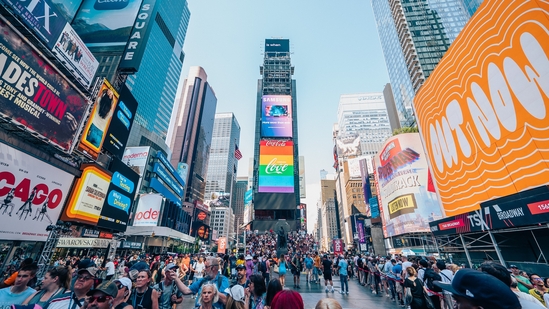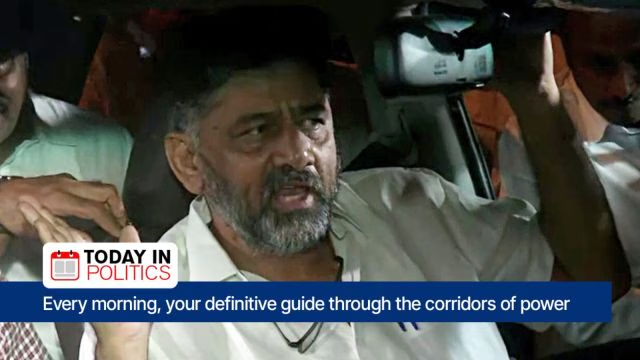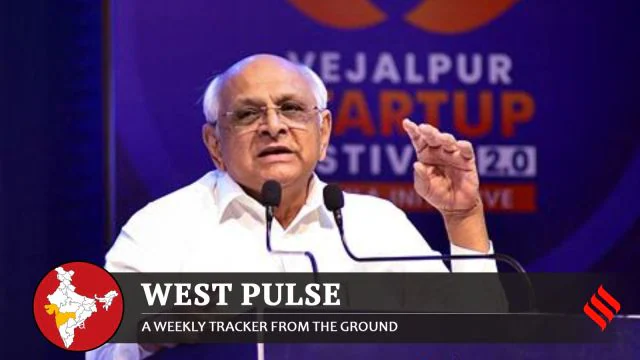Sri Lanka has denounced the United Kingdom’s recent imposition of sanctions on three former top military leaders as unilateral and politically motivated. The sanctions are against General Shavendra Silva, Admiral Wasantha Karannagoda, and General Jagath Jayasuriya for their alleged human rights abuses during the last phase of the nation’s civil war in 2009.

The Sri Lankan Foreign Ministry came out strongly criticizing the actions of the UK, saying that these actions dilute the nation’s efforts at national reconciliation and accountability. The ministry said that questions of justice and accountability must be addressed through domestic mechanisms and not through outside interference.
The UK government states that the sanctions were issued under the Global Human Rights Sanctions Regulations, which enable the UK to target those who engage in serious human rights abuses. The sanctions are travel bans and asset freezes. The UK also targeted a one-time member of the Liberation Tigers of Tamil Eelam (LTTE) who went on to become a politician for claimed abuses.
The Sri Lankan government has discounted these claims by saying that these allegations are politically driven and that they do not take into consideration the intricate facets of the civil war. The government further clarified that Sri Lanka has taken positive strides towards healing after the war in accordance with its own law and politics.
The Sri Lankan censure comes amid a pattern of defiance of the same action from other nations. Previously, both the United States and Canada placed sanctions on several of the same officials under suspicion of human rights abuses. Those measures were similarly rejected by Sri Lanka as “flawed and prejudiced.”.
The UK move has raised concerns in Sri Lanka about the implications for diplomatic ties and the country’s position in the global community. Some political observers have opined that the sanctions may put pressure on UK-Sri Lanka relations and complicate current trade and diplomatic talks.
On the other hand, human rights groups have greeted the UK decision, citing it as a step in the right direction for bringing justice to civil war victims. The international community has accused Sri Lankan security agencies of committing war crimes for many years, among them, killing civilians and forced disappearance of thousands of citizens during the war.
The government of Sri Lanka, however, insists that it was justified in attacking the LTTE, a separatist movement that used terrorist methods of suicide bombings and attacks on civilians. It claims that it would be unjust and unfair to hold its military leaders accountable for their actions under those circumstances.
In its release, the Sri Lankan Foreign Ministry appealed for dialogue and understanding, asking the UK and other global partners to assist Sri Lanka’s internal reconciliation process instead of imposing sanctions. The government reiterated its commitment to resolving human rights concerns through domestic institutions and legal mechanisms.
This move is an indication of the continuing tensions between Sri Lanka and Western countries regarding post-war accountability and human rights. While the UK has justified its move as a measure necessary to advance justice, Sri Lanka sees it as an encroachment on its sovereignty and an attack on its internal stability.





